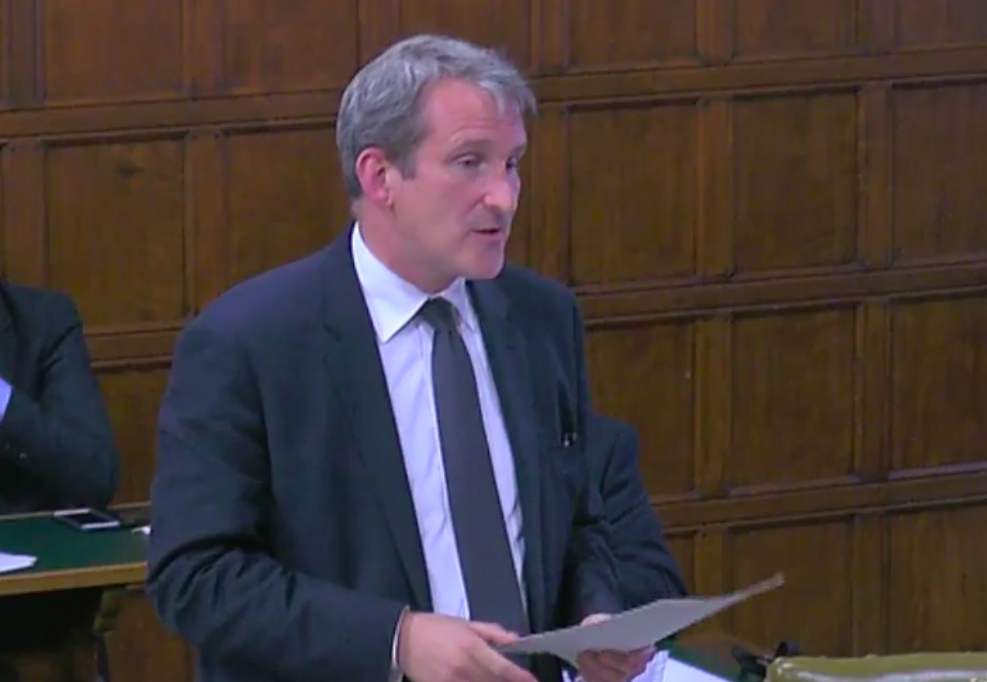Tuition fees should be based on career prospects, says Education Secretary
Review likely to look at issues such as cutting or freezing tuition fees

Your support helps us to tell the story
From reproductive rights to climate change to Big Tech, The Independent is on the ground when the story is developing. Whether it's investigating the financials of Elon Musk's pro-Trump PAC or producing our latest documentary, 'The A Word', which shines a light on the American women fighting for reproductive rights, we know how important it is to parse out the facts from the messaging.
At such a critical moment in US history, we need reporters on the ground. Your donation allows us to keep sending journalists to speak to both sides of the story.
The Independent is trusted by Americans across the entire political spectrum. And unlike many other quality news outlets, we choose not to lock Americans out of our reporting and analysis with paywalls. We believe quality journalism should be available to everyone, paid for by those who can afford it.
Your support makes all the difference.University tuition fees should partly be based on how a degree course could benefit a student's future career, the Education Secretary has said.
Damian Hinds said he wanted to see a system which would consider a course's value for money to decide the level at which fees are set.
He said fees should be determined by "a combination of three things: the cost [to the university] to put it on, the benefit to the student and the benefit to our country and our economy".
He told the Sunday Times: "We have a system where you have got almost all institutions and almost all courses at those institutions charging exactly the same price.
"Some have higher returns to the student than others. It's right that we now ask questions about how that system operates. I would like to see options available which have different costs."
His comments come ahead of the Government's long-awaited review of university funding, which is expected to be announced this week.
It is likely the review will look at issues such as cutting or freezing tuition fees - which cost up to £9,250 a year at English universities - as well as interest rates on loan repayments, which stand at up to 6.1 per cent.
It could also look at areas such as part-time study and living costs.
The review, pledged by Theresa May last autumn, comes amid growing debate about university finance, including student debt and whether students are getting value for money.
According to the Sunday Times, Mr Hinds said the review could also lead to a cut in the number of years for which graduates are expected to keep paying back student loans and a rise in the amount they must earn before they start repayments.
The announcements are likely to be met with close scrutiny by university leaders, as some warned that finding the right balance on tuition fees and university finance is likely to mean a "series of difficult trade-offs".
A spokesman for the Russell Group, which represents 24 of the UK's most selective universities, said: "Any changes to the current funding model need to be fair and affordable to students, while still meeting the needs of taxpayers and universities in providing students with a high-quality education and experience."
Sally Hunt, general secretary of the University and College Union (UCU), said the review needed "to be radical and explore genuine alternatives to the current system, not just tinker at the edges of the current failed system".
Press Association
Join our commenting forum
Join thought-provoking conversations, follow other Independent readers and see their replies
Comments